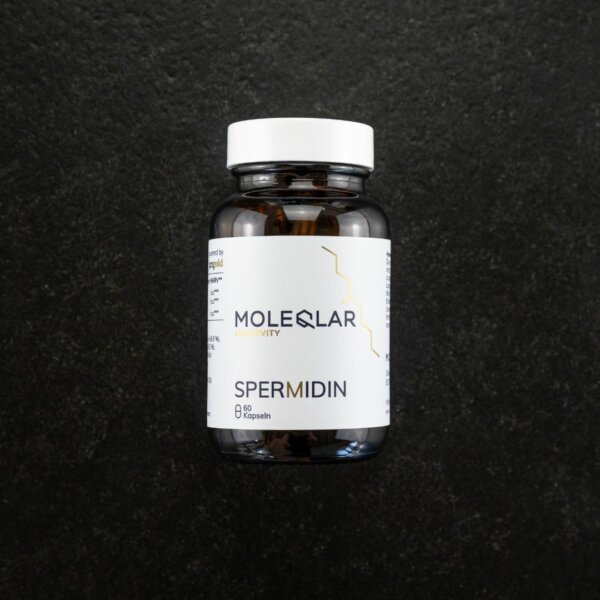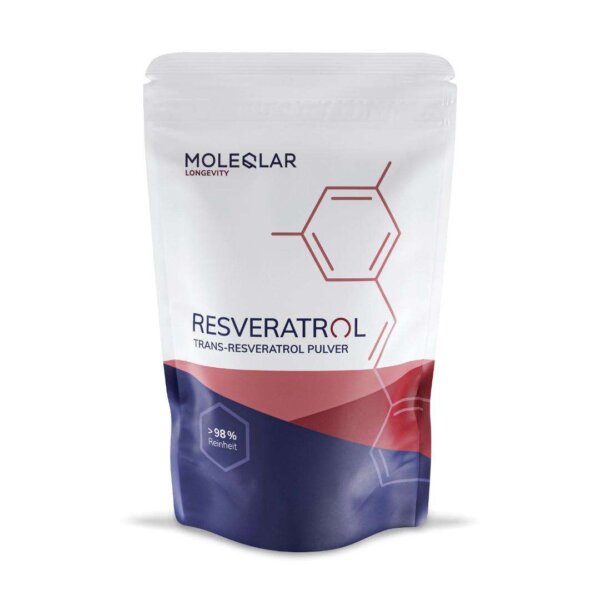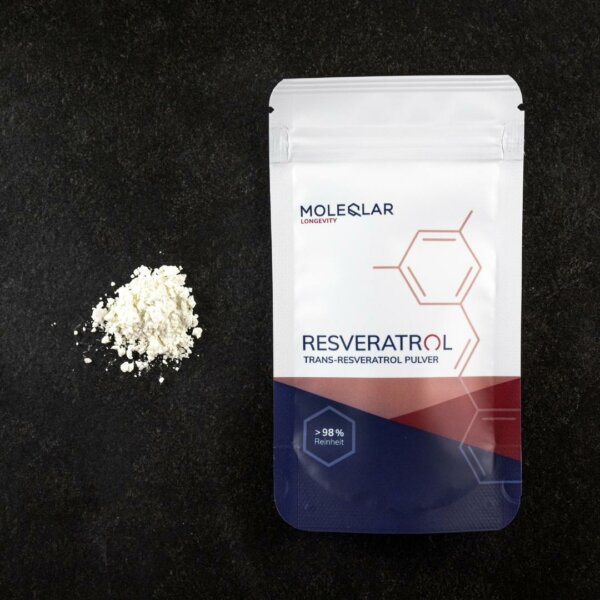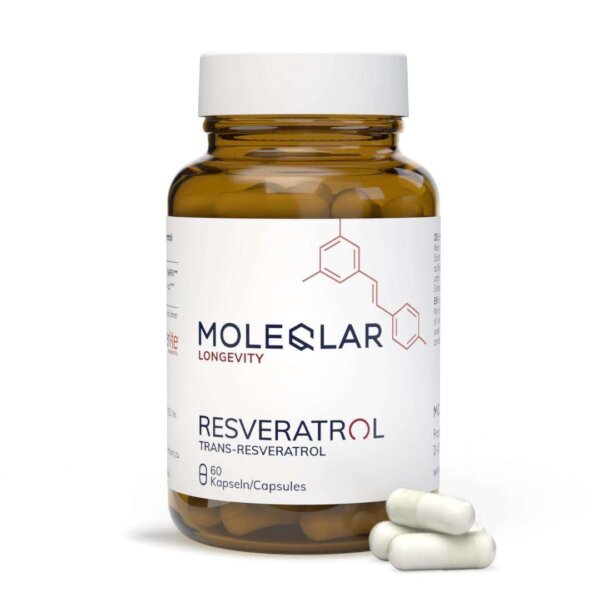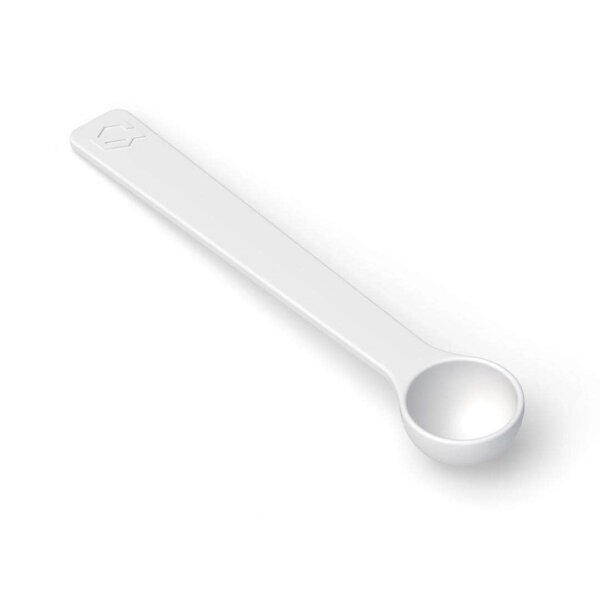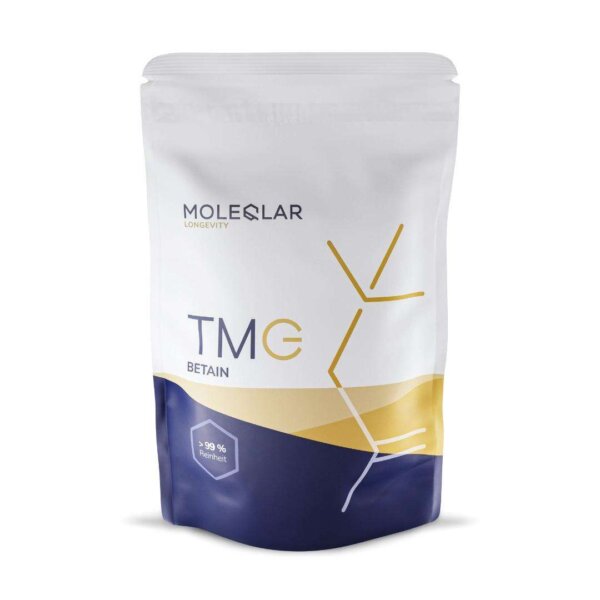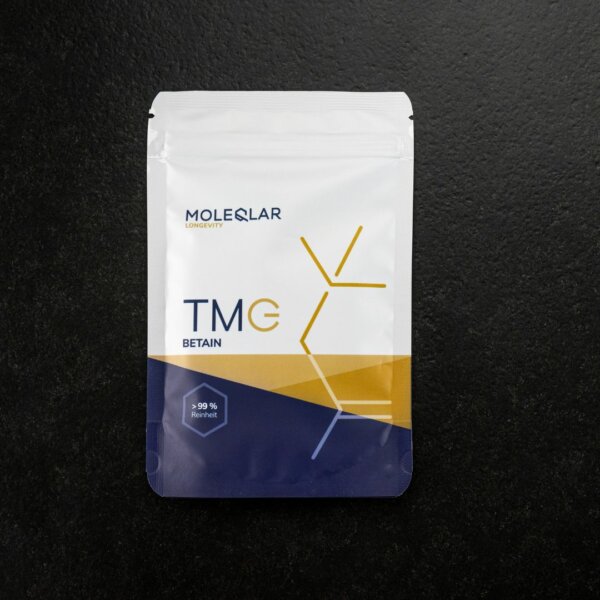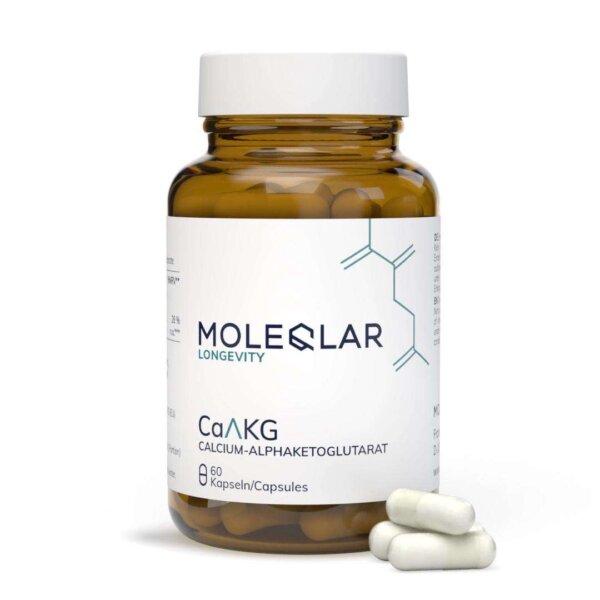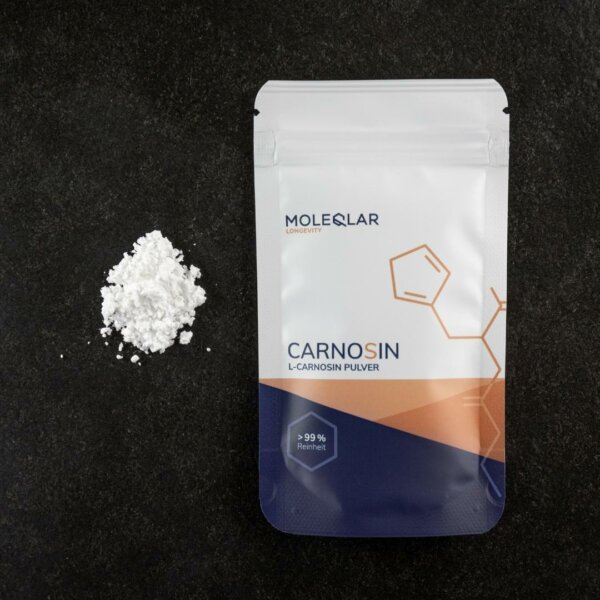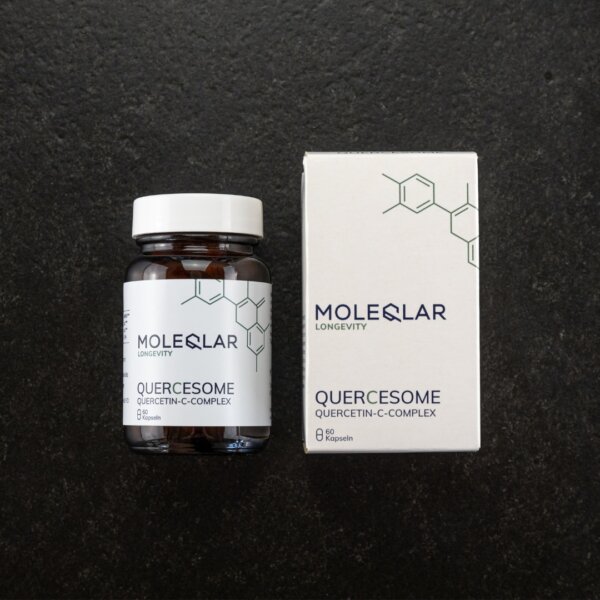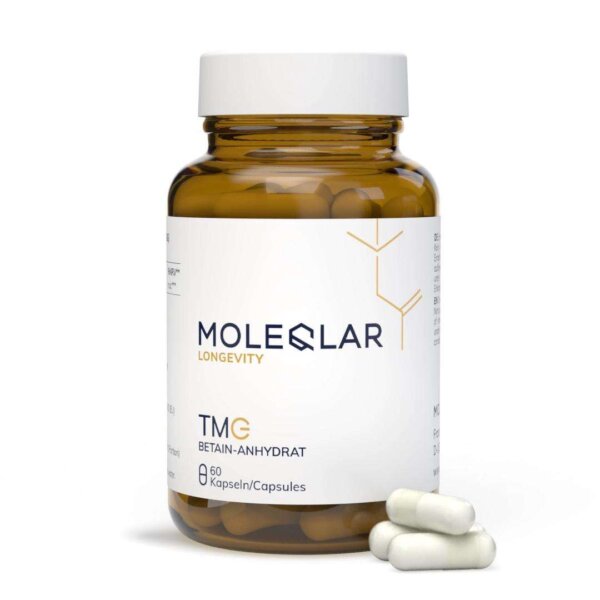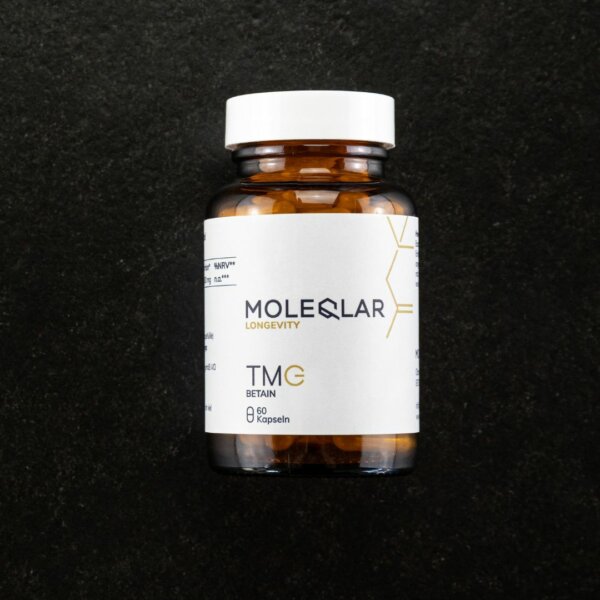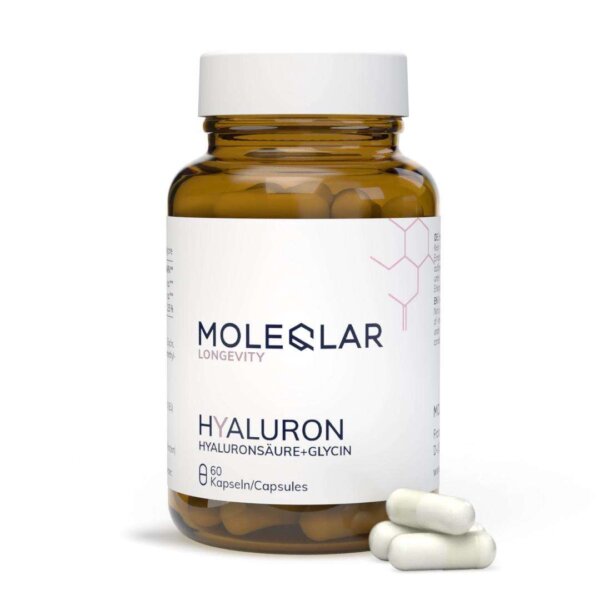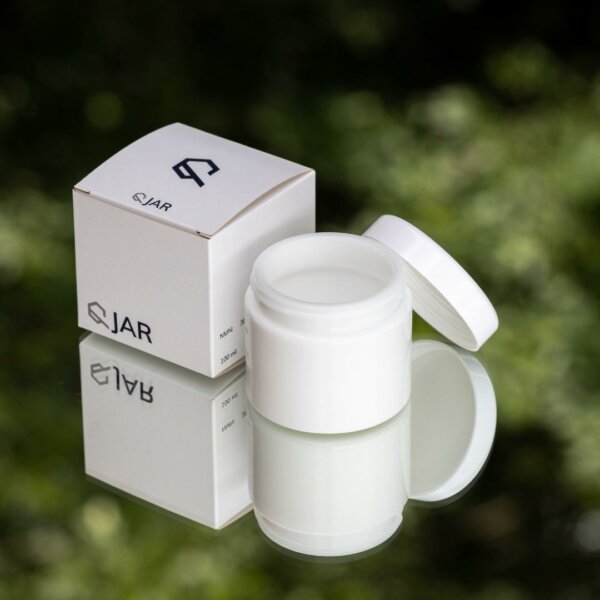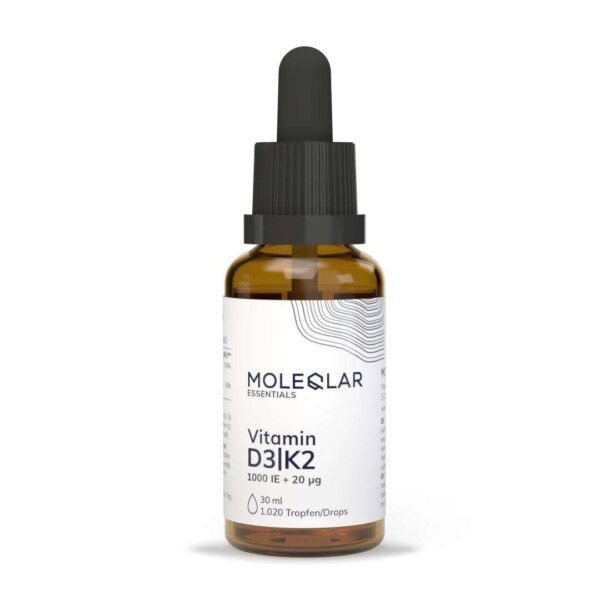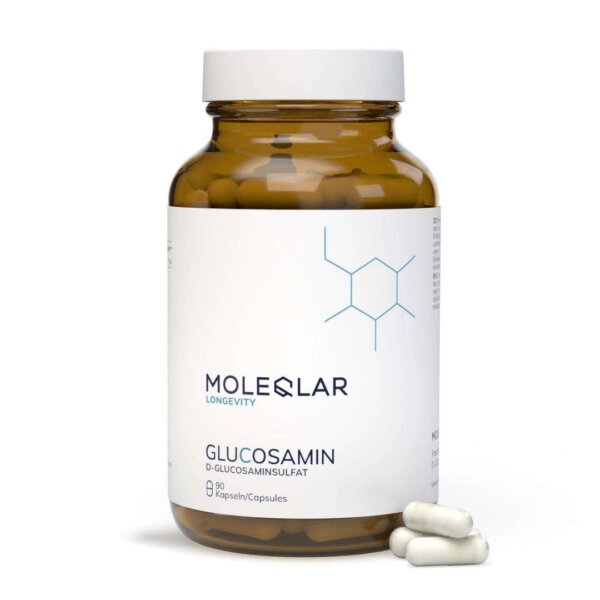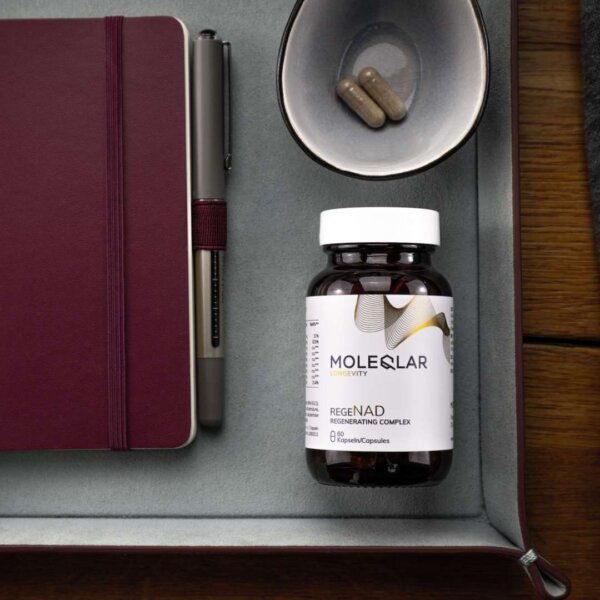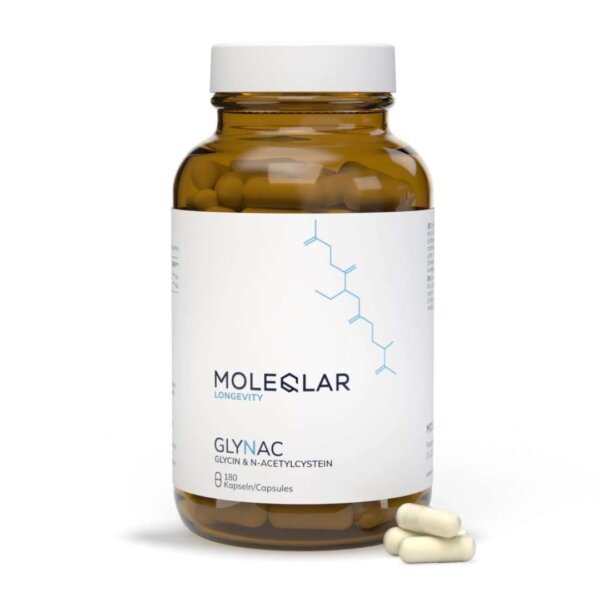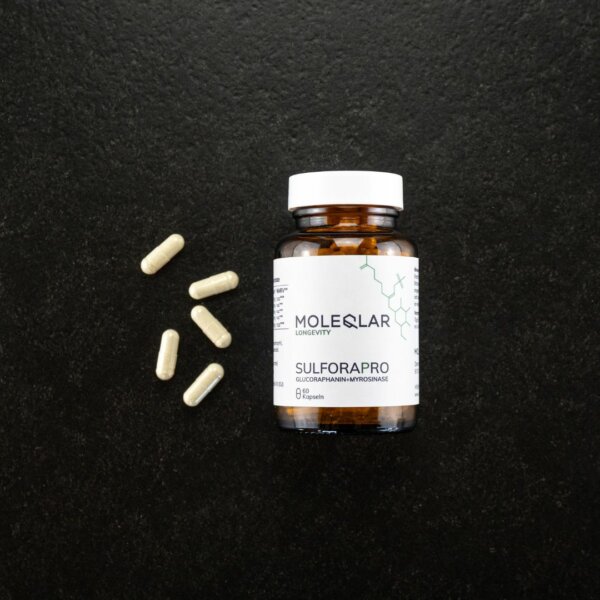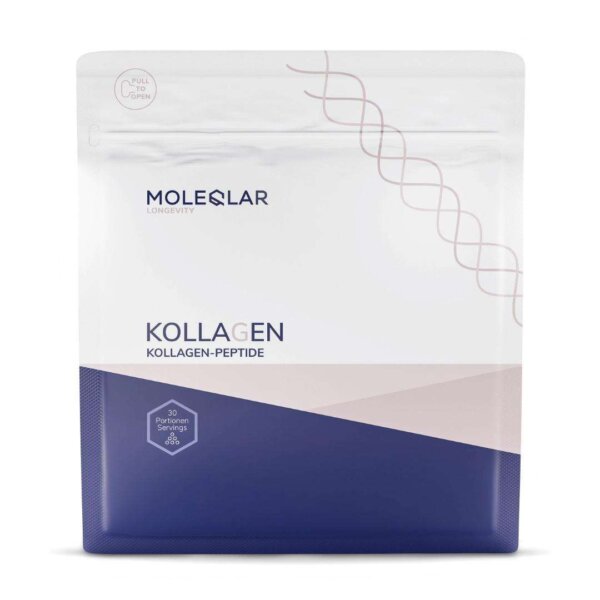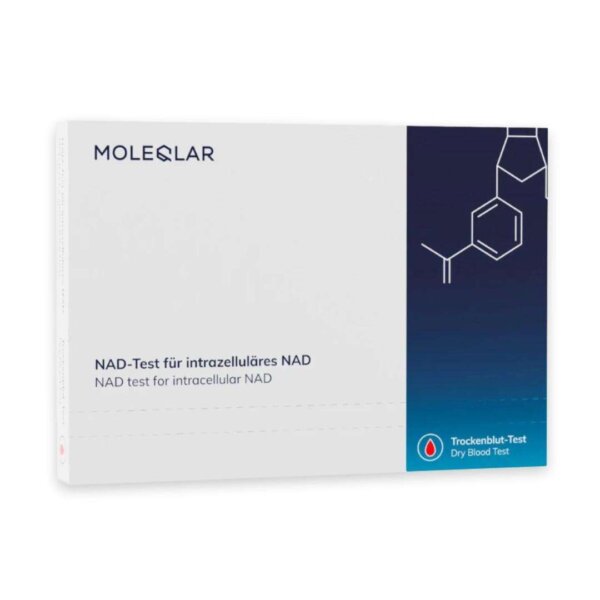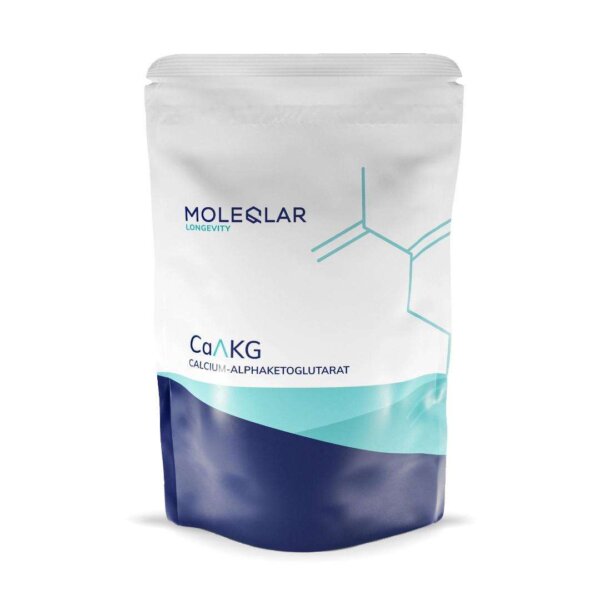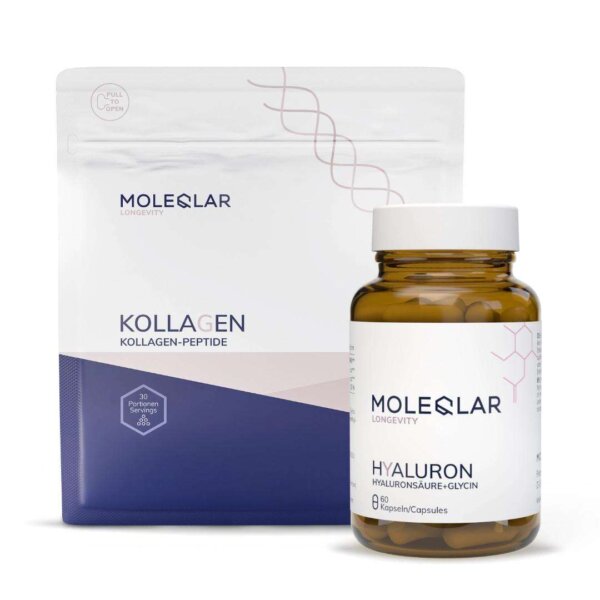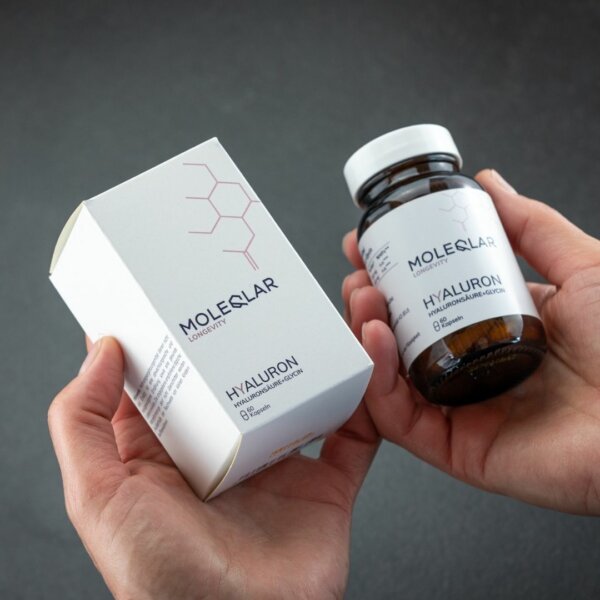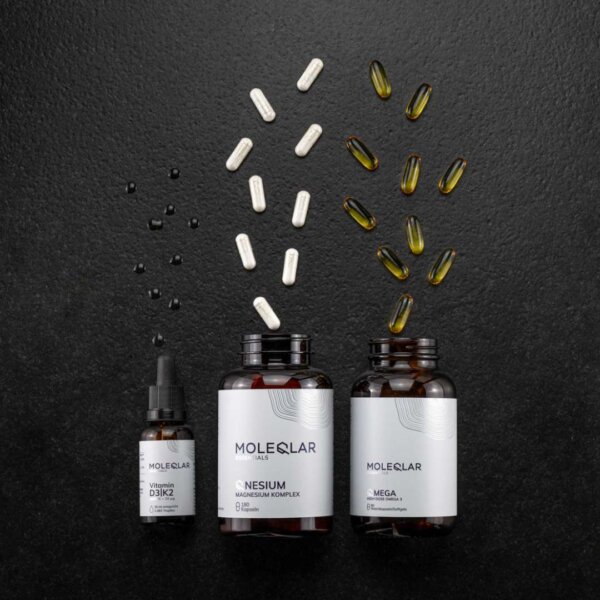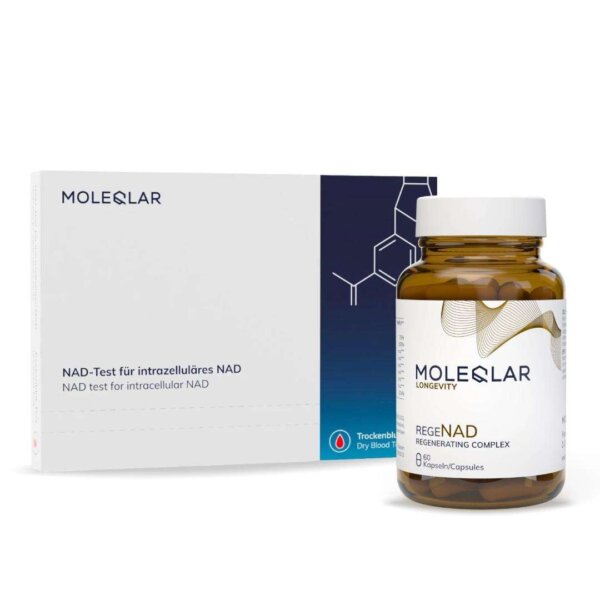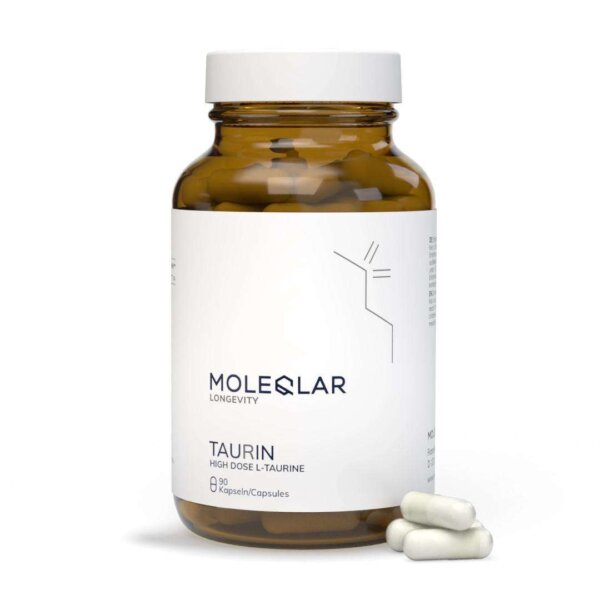In today's fast-paced world, it's easy to overlook the importance of the natural processes that run in the background of our daily lives. One of these processes is the circadian rhythm, which plays a crucial role in our health and well-being.
In this blog post, we will dive deeper into the concept of the circadian rhythm, explain its importance for our sleep and health, and share some examples and disruptions of this fascinating biological phenomenon.
Circadian rhythm: definition
The circadian rhythm (circadian rhythm), derived from the Latin "circa" (approximately) and "diem" (day), is a natural, internal process that regulates the biological life cycle of living organisms to approximately 24 hours. This rhythm is found in almost all living organisms, including humans, animals, plants and even some microorganisms.
This internal clock controls a variety of biological functions, including:
- Sleep-wake cycles: The circadian rhythm determines our sleep patterns by preparing our body to be awake or tired at certain times of the day. This is the reason why most people sleep at night and are awake during the day.
- Hormone production: Various hormones such as cortisol and melatonin are controlled by the circadian rhythm. Cortisol, the "stress hormone", is normally released in the morning to prepare us for the day, while melatonin, the "sleep hormone", is released at night to help us fall asleep.
- Metabolic processes: The circadian rhythm also influences our eating habits and digestion. It controls when we are hungry and when our body digests food.
The circadian rhythm in humans
The circadian rhythm is an important part of human life. Our internal clock coordinates a variety of mental and physical systems in the body, including the sleep-wake cycle, hormone production, digestion and even our immune response.
Disruptions to the circadian rhythm, for example due to shift work, jet lag or certain illnesses, can lead to a number of health problems, including sleep disorders, metabolic disorders and an increased susceptibility to illness. After a short night, the body finds it harder to keep blood sugar levels stable. For this reason, it is important to lead a healthy lifestyle that supports our natural circadian rhythm.
If you want to know more about the factors that influence healthy blood sugar levels, you can read our article on blood sugar levels and insulin resistance.
A circadian rhythm example
- Sleep-wake cycle: This is probably the best known circadian rhythm example. Our body uses light signals to determine when we should sleep and wake up. In darkness, our brain signals the release of melatonin, which makes us sleepy, and in daylight, melatonin production is reduced, which helps us wake up.
- Flower openings: Many flowers also follow a circadian rhythm and open and close at the right time of day.
- Hormone production: Various hormones in our body, including cortisol and melatonin, follow a circadian rhythm.
- Menstrual cycle: Although the menstrual cycle lasts longer than one day, it is also influenced by circadian rhythms.
Circadian rhythm & sleep
The circadian rhythm plays a crucial role in our sleep rhythm. It acts like an internal clock that controls our sleep-wake cycle and determines when we feel awake or tired.
The basis of this rhythm lies in a region of our brain known as the suprachiasmatic nucleus (SCN). This can be found directly behind the eyes, so that light can penetrate to the SCN even when the eyelids are closed. When it gets dark, the SCN signals our body to release the "sleep hormone" melatonin, which makes us sleepy. When it gets light again, melatonin production is reduced and we wake up.
However, our sleep-wake cycle is not only dependent on light. It is also influenced by a variety of other factors, including our genes, our age, our diet and our activity level. For example, older people tend to go to bed earlier and get up earlier, while teenagers and young adults tend to be "night owls" who go to bed late and get up later.

Circadian rhythm & hormones
The circadian rhythm and hormone production are closely linked. Various hormones in our body follow a circadian rhythm, including the stress hormone cortisol, the sleep hormone melatonin and the growth hormone.
The suprachiasmatic nucleus (SCN) in our brain is the main coordinator of this rhythm. The SCN receives light signals from our eyes and uses this information to regulate our circadian rhythm.
To give you an example, it's 7 a.m., the first rays of sunlight are passing through your eyelids and these signals are being picked up by the suprachiasmatic nucleus. This becomes active and sends signals to the pituitary gland, which in turn releases adrenocorticotropic hormone (ACTH). This travels through the bloodstream to your adrenal cortex, where the "stress hormone" cortisol is released. As a rule, this happens extremely strongly once in the morning, there is a peak in cortisol, which should get you through the day well. Growth hormone also follows a circadian pattern, with concentrations varying throughout the day.
The circadian sleep-wake rhythm disorder
Circadian sleep-wake cycle disorders are a group of sleep disorders characterized by a mismatch between a person's internal circadian rhythm and the external environment. This means that the body's natural sleep-wake rhythm does not match the day-night rhythm of the environment.
There are different types of circadian sleep-wake cycle disorders, including delayed sleep phase disorder (people can only fall asleep in the early morning hours and have difficulty waking up in the morning) and premature sleep phase disorder (people fall asleep very early in the evening and wake up very early in the morning) and "non-24" hour sleep-wake disorder (the sleep-wake cycle shifts by a few minutes to hours each day).
Symptoms of these disorders can include difficulty falling asleep, excessive sleepiness during the day, difficulty waking up and concentration problems.
The causes of circadian sleep-wake cycle disorders can be genetic or caused by factors such as shift work, jet lag, poor sleep hygiene, certain medications or illnesses.
Treatment varies depending on the type of disorder and the individual circumstances of the person. This may include a combination of light therapy (exposure to bright light at specific times to "reset" the circadian rhythm), chronotherapy (gradual adjustment of the sleep-wake cycle), medication, and behavioral changes (e.g., improving sleep hygiene).
Conclusion and conclusion
To maintain a healthy circadian rhythm, it is important to maintain a regular sleep-wake cycle, get enough natural light during the day and pay attention to good sleep hygiene.
Overall, the circadian rhythm plays a crucial role in our health and well-being. A better understanding of these rhythms and how we can support them can help to improve our overall health and quality of life.
Literature
- Mohawk, Jennifer A, et al. "Circadian Clocks and Metabolism: Implications for Microbiome and Aging." Trends in Genetics, vol. 33,10 (2017): 760-769. Link
- Laermans, Jorien et al. "Shifting the circadian rhythm of feeding in mice induces gastrointestinal, metabolic and immune alterations which are influenced by ghrelin and the core clock gene Bmal1." PLoS One, vol. 9,11 (2014): e110176. Link
- Archer, Simon N, et al. "Mistimed sleep disrupts circadian regulation of the human transcriptome." Proceedings of the National Academy of Sciences, vol. 111,6 (2014): E682–E691. Link
- Cain, Sean W et al. "Circadian rhythms optimally adapt to sunlight for reliable synchronization." Journal of The Royal Society Interface, vol. 11,101 (2014): 20140805. Link
- Turek, Fred W et al. "Obesity and metabolic syndrome in circadian clock mutant mice." Science, vol. 308,5724 (2005): 1043–1045. Link
- Roenneberg, Till et al. "Epidemiology of the human circadian clock." Sleep Medicine Reviews, vol. 11.6 (2007): 429-438. doi:10.1016/j.smrv.2007.07.005. Link
- Wright, Kenneth P et al. "Entrainment of the human circadian clock to the natural light-dark cycle." Current Biology, vol. 23,16 (2013): 1554–1558 . Link
- Wright, Kenneth P Jr et al. "Influence of sleep deprivation and circadian misalignment on cortisol, inflammatory markers, and cytokine balance." Brain, Behavior, and Immunity, vol. 47 (2015): 24–34. Link
Graphics
The images were purchased under licence from Canva.







